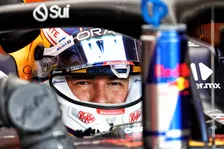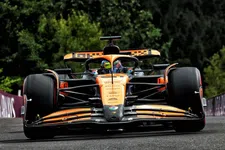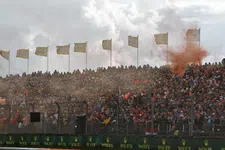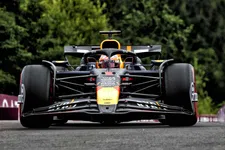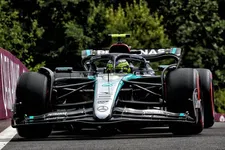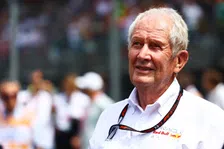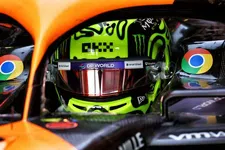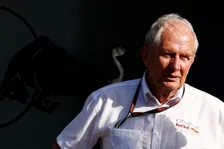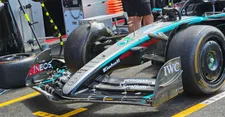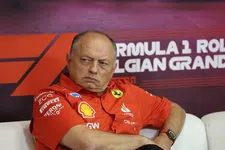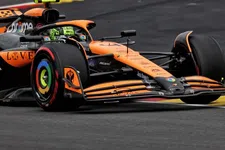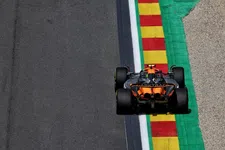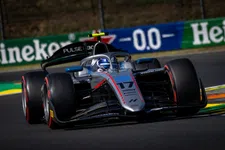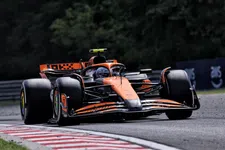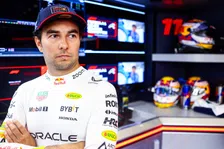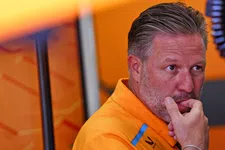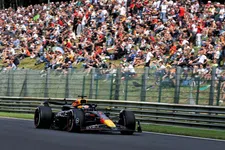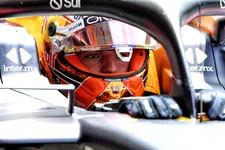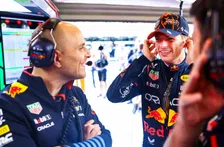What Red Bull did, Ferrari did better: how Schumacher won despite a penalty
F1 News
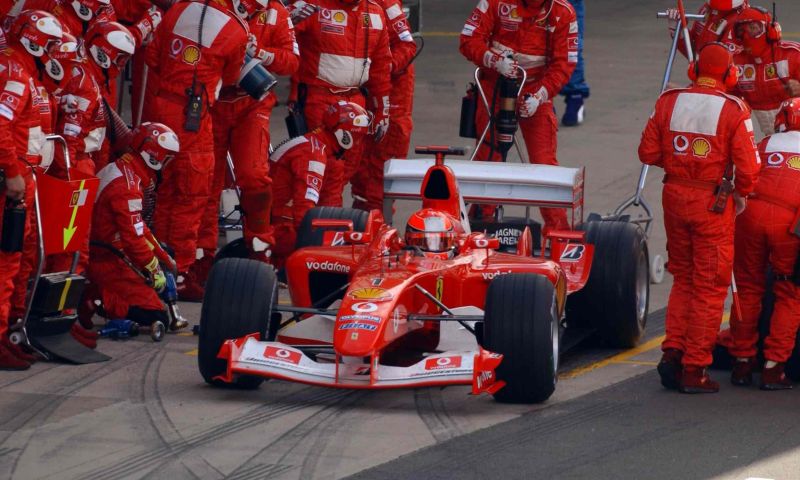
- Sam Godber
During and after the Japanese Grand Prix, there was much talk about the action of Red Bull Racing, which sent the stalled Sergio Perez back onto the track to serve a time penalty. By doing so, the team prevented the penalty from being converted into a grid penalty for the Qatar GP. In doing so, Red Bull cleverly exploited a loophole in the law. Someone who once managed to make things even worse was Michael Schumacher. Together with Ferrari, he managed to win the race in question despite a stop-and-go penalty.
Schumacher was leading in the 1998 British Grand Prix when he suffered a hefty penalty. Earlier in the race, the Ferrari driver had lapped a trailing driver. No problem in itself, you might say. However, he did it during the safety car, when overtaking is not allowed.
Ferrari lost nothing despite 'serving' stop-and-go
More than half an hour after the incident, a 10-second penalty was handed out by the stewards. What was unclear, however, was whether it was a time penalty or a stop-and-go, which costs a driver around 30 seconds. With only a few laps to go, a decision had to be made quickly.
At that point, technical director Ross Brown cleverly intervened. He ordered the penalty on the last lap of the race, effectively allowing Schumacher to cross the finish line while entering the pits. This put him over 22 seconds ahead of Mika Hakkinen, who would otherwise have won the race.
McLaren protested and felt Schumacher should still be penalised, while Ferrari pointed out mistakes made in the FIA's procedure. For example, the rules stated that a penalty should be given no later than 25 minutes after an incident. In this case, it took 31 minutes.
Confusion over FIA penalty procedure
After the race, it became clear that the penalty given was a 10-second time penalty, and therefore not a stop-and-go. As a result, Schumacher would have won the race even with the penalty. Complicating matters, however, was the fact that a time penalty could only be handed out for incidents that took place in the last 12 laps of the race.
McLaren didn't accept the outcome and appealed to the International Court. It became clear during the trial that the stewards had made several mistakes: by handing out the penalty after the 25-minute time limit and because the incident did not take place in the last 12 laps. As a result of the court case, the licence of the stewards in question was revoked. Moreover, the FIA established new guidelines: for instance, from then on, a penalty had to be given with at least three laps remaining.

